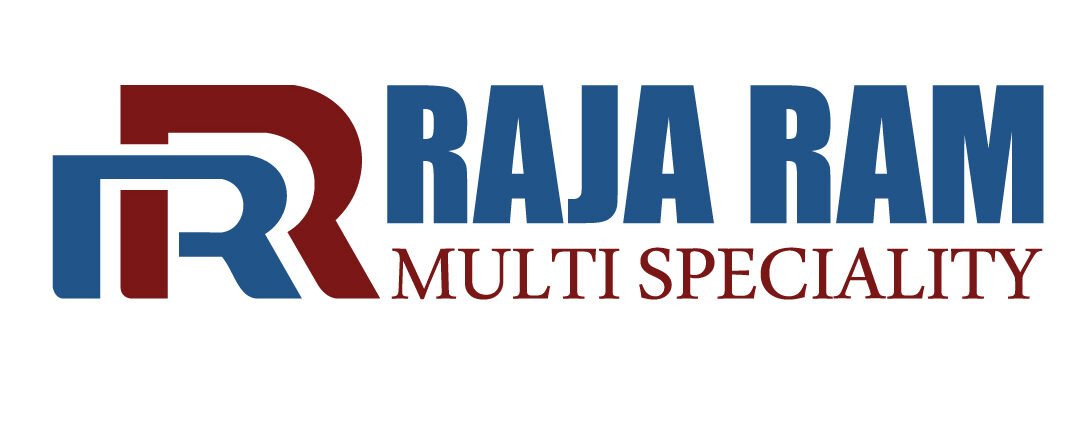Emerging Therapies: Advances In Treating Vertigo And Tinnitus
Vertigo and tinnitus are debilitating conditions that affect millions of individuals worldwide. While traditional treatment options have provided relief to some extent, emerging therapies offer promising avenues for more effective management and improved quality of life for patients. In this article, we will explore some of the latest advances in treating vertigo and tinnitus, highlighting innovative approaches that hold the potential to revolutionize care for individuals living with these conditions.
To know More About it Please Click Here
Vestibular Rehabilitation Therapy (VRT)
Vestibular rehabilitation therapy (VRT) is a specialized exercise-based program designed to alleviate symptoms of vertigo by promoting central nervous system compensation for vestibular dysfunction. Recent advancements in VRT techniques have enhanced its effectiveness in treating various vestibular disorders, including benign paroxysmal positional vertigo (BPPV) and vestibular migraine. Tailored exercise regimens targeting specific vestibular and balance deficits have shown promising results in reducing vertigo symptoms and improving functional outcomes.
Neuromodulation
Neuromodulation techniques, such as transcranial magnetic stimulation (TMS) and transcutaneous electrical nerve stimulation (TENS), have gained attention as potential treatments for both vertigo and tinnitus. By targeting specific areas of the brain involved in vestibular processing and auditory perception, these non-invasive modalities offer a novel approach to modulating neural activity and alleviating symptoms. Preliminary studies have demonstrated encouraging results, suggesting that neuromodulation may hold promise as a future therapeutic option for individuals with vertigo and tinnitus.
Pharmacotherapy
Advancements in pharmacotherapy have led to the development of new drugs targeting the underlying mechanisms of vertigo and tinnitus. From vestibular suppressants to neurotrophic agents, researchers are exploring a range of pharmacological interventions aimed at improving symptom control and promoting neural regeneration. Additionally, personalized medicine approaches, such as pharmacogenomics, hold the potential for optimizing treatment outcomes by tailoring medication regimens to individual patient profiles.
Gene Therapy
Gene therapy represents a cutting-edge approach to treating vestibular and auditory disorders by targeting genetic mutations associated with these conditions. By delivering therapeutic genes to affected cells, researchers aim to correct underlying genetic defects and restore normal cellular function. Although still in the experimental stages, preclinical studies have shown promising results in animal models of vestibular dysfunction and hearing loss, raising hopes for the development of gene-based therapies for vertigo and tinnitus in the future.
Cognitive Behavioral Therapy (CBT)
Cognitive behavioral therapy (CBT) has emerged as a valuable adjunctive treatment for individuals struggling with the psychological impact of vertigo and tinnitus. By addressing maladaptive thoughts and behaviors associated with these conditions, CBT helps patients develop coping strategies and improve their overall well-being. Recent research has highlighted the effectiveness of CBT in reducing anxiety, depression, and distress related to vertigo and tinnitus, underscoring its role as an integral component of holistic care.
Conclusion
The landscape of vertigo and tinnitus treatment is rapidly evolving, driven by ongoing research and technological innovation. Emerging therapies, ranging from vestibular rehabilitation and neuromodulation to gene therapy and cognitive behavioral interventions, offer new hope for individuals grappling with these challenging conditions. As our understanding of the underlying mechanisms continues to deepen, so too will our ability to develop targeted interventions that provide meaningful relief and improve the lives of patients affected by vertigo and tinnitus.
Also, Follow us on Instagram








